Question2 German shepherds..Sly is 3 months old, Max is 6 years old. Sly is biting EVERYTHING as puppies do, We just noticed an open flesh wound about 1 inch square on Maxs chest...not bleeding...just like the hair and skin has been pulled away. Now puppy is attracted to it...yikes. Trying to tell puppy "no" but not here always...any ideas would be greatly appreciated!
Answer
Hi Suzanne,
Puppies must learn to use teeth properly as part of behavior development and proper socilization. Learning not to bite, or to "play bite" is called bite inhibition. Puppies normally learn bite inhibition by 4 and a half months of age, but like everything else it's something that needs to be taught. Many times, an older dog will say "enough is enough" when a puppy gets out of control. This should be allowed, as long as the puppy is not hurt. This is one of the ways puppy learn good behavioral habits. If Max has attempted to "lay down the law", you should allow it. Puppies can be relentless with older dogs. Be sure to give Max time away from the puppy, and separate the puppy when Max needs a rest.
To teach your puppy bite inhibition. Sit down with the pup to play, bringing his attention to your hands. When the pup tries to bite your hand too hard, yelp loudly or say "Oww!" firmly and stop interaction. In addition to stopping interaction, some canine specialists advise to pull your hands back and freeze, and to avert your eyes or look to the side, away from the pup. Do not make your response sound like wincing or whining, or the pup may think it's part of the game. Your puppy needs to learn that fun stops when he bites.
After you yelp, and the puppy momentarily stops biting, give your puppy a toy to chomp on instead of your hands or clothing. If he does not take the toy and instead nips again, stop interacting with him. Turn away, cross your arms, do not look back...you can even walk away. After time has passed, face your puppy again and offer your hand. If he tries to bite, repeat the process. When your puppy is gentle, pet and praise him calmly and resume play.
If he bites again, say "Oww!" as you did previously, and give him a 10-minute time-out. Leave the room, or better yet, place your pup in a time-out area. This area can be a separate room with no people or animal occupants, or in his crate. But avoid making this action seem like punishment, you do not want your puppy to learn to fear the crate or associate it with punishment. Time out is not the same as punishment. It is a suspension of playtime and fun. As you practice, your puppy will use less and less pressure as he comes in contact with your hand.
Keep in mind that the first goal is to teach your puppy to actively inhibit the force of his bite, and THEN reduce the frequency. If you never let your puppy put his jaws on you at all, when it does happen (say, an accident during which the dog's paw gets stepped on), the dog will probably react with an over-strong bite. Do not tap or smack the dog's nose as punishment for nipping, instead of discouraging nipping, this tends to trigger instinctive biting in self-defense. Do not tease a pup or dog by flashing hands around his face or tapping his face. This can scare or startle the dog and trigger biting behavior, whether in play or self-defense.
You can read more about teaching bite inhibition here:
http://www.morrco.com/tebiin.html
http://www.raisingspot.com/behavioral-problems/puppy-biting
At three months of age, your puppy is the perfect age to attend a puppy "kindergarten" or socialization class, this will help with the biting, and also start your puppy off right with some general obedience lessons which will last his entire life.
I hope I've been a help.
Best of luck,
Patti

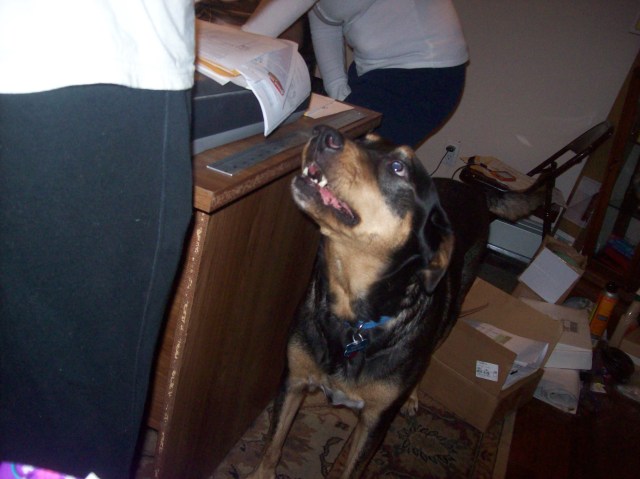 old age dog
Question
he was barking!
I have a Dog who is a german s
old age dog
Question
he was barking!
I have a Dog who is a german s
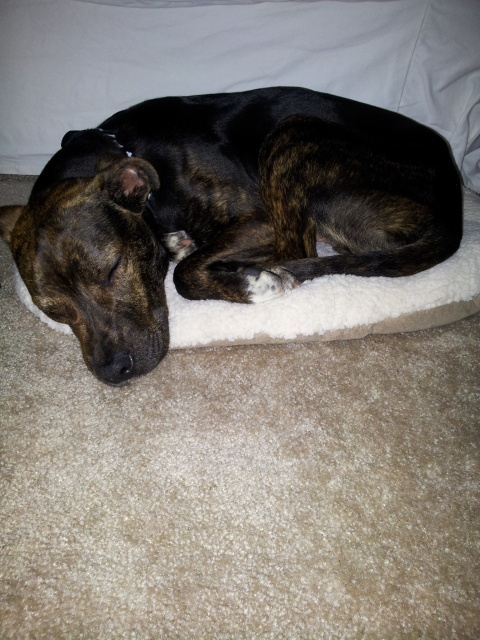 8 month old rescue has crate-phobia
Question
His name is Pepper
Please help. We adop
8 month old rescue has crate-phobia
Question
His name is Pepper
Please help. We adop
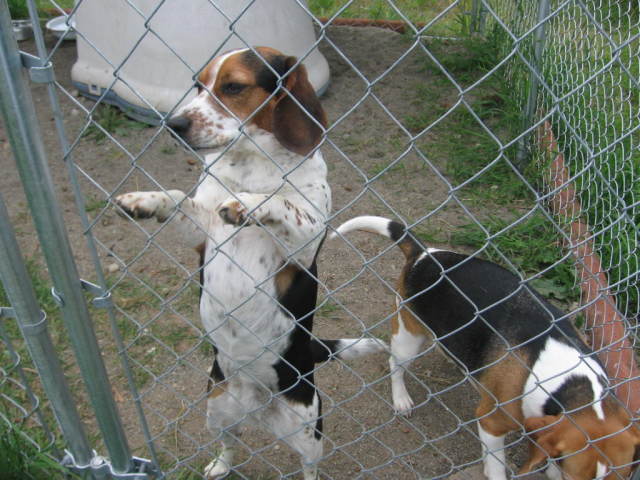 AKC
Question
Bailey and Cocoa
Hi Im Ashley Sommer. I am ten
AKC
Question
Bailey and Cocoa
Hi Im Ashley Sommer. I am ten
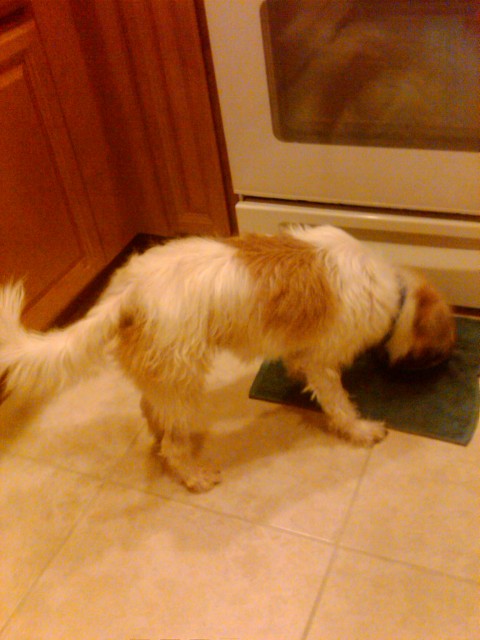 How do I groom my mixed breed terrier?
Question
Oliver
Hi Susan!
I recently rescued a wonderfu
How do I groom my mixed breed terrier?
Question
Oliver
Hi Susan!
I recently rescued a wonderfu
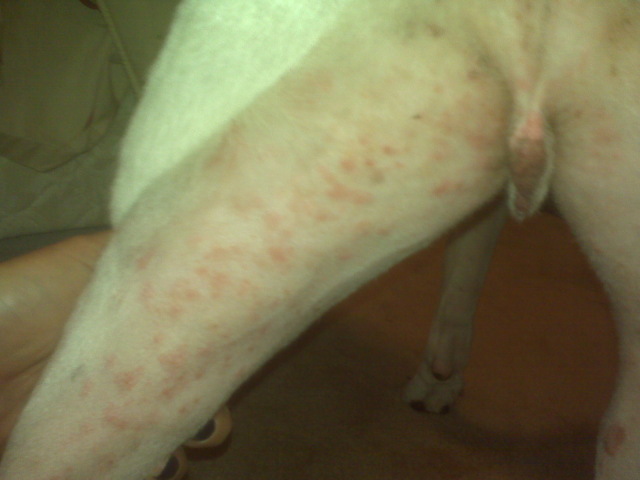 Large dog with possible poison ivy
Question
Guero
My poor dog has led a rough life to date
Large dog with possible poison ivy
Question
Guero
My poor dog has led a rough life to date